The U.S. significantly reduced the number of strategic bombers - only 20 B-2 Spirit, 76 B-52 Stratofortress and 45 B-1B Lancer remain, and production ended 20 years ago
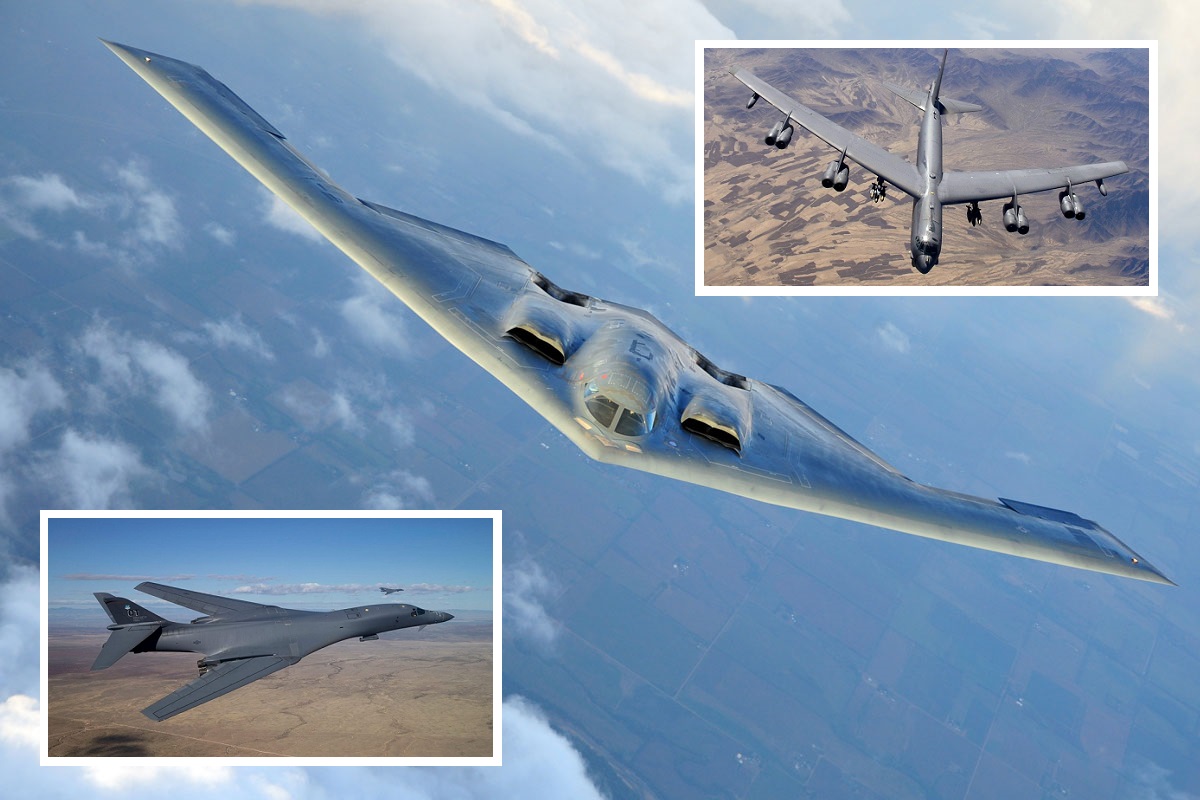
The total number of U.S. strategic aircraft is gradually decreasing, but the military, fearing possible conflicts, still has a relatively large fleet of bombers. Although it is smaller than during the Cold War.
Here's What We Know
There were times when the U.S. Army had many bombers, and indeed aircraft in general. In 1939 the U.S. had less than 3,000 warplanes, but by the end of World War II America was able to produce 300,000 aircraft. By 1944 the production volume was more than 96,000 a year.
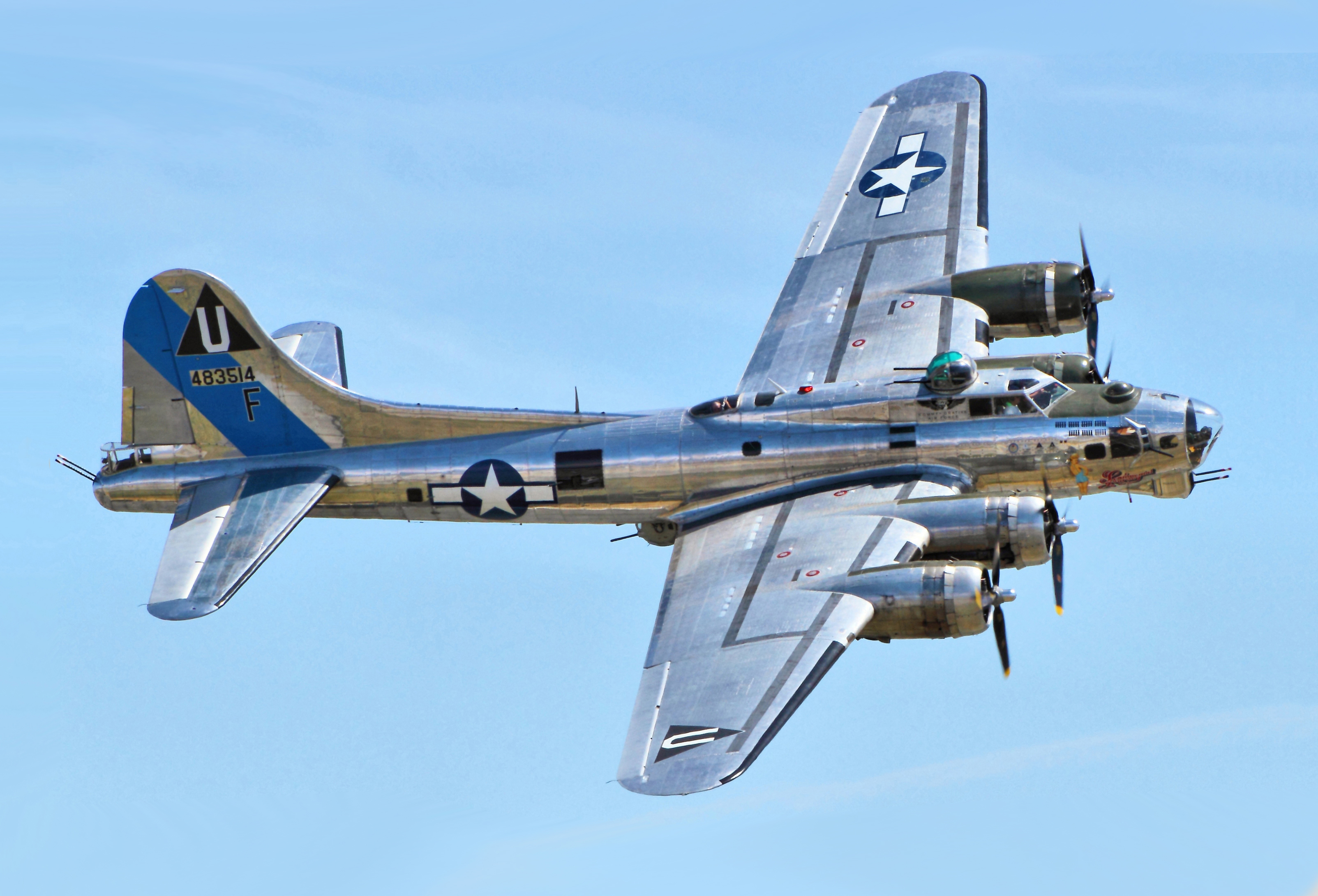
The U.S. Army was mainly armed with fighter planes, but during the war the U.S. produced an unimaginable number of bombers. For example, the B-17 Flying Fortresses (pictured above), B-24 Liberator, B-25 Mitchell and B-29 Superfortress in numbers of 12,731, 18,493, 9,890 and 3,970 respectively.
Understand the magnitude? Now let's move on. The United States now has only three strategic bomber models: the B-1B Lancer, B-2 Spirit and B-52 Stratofortress. They were developed by Rockwell, Northrop Grumman and Boeing, respectively.
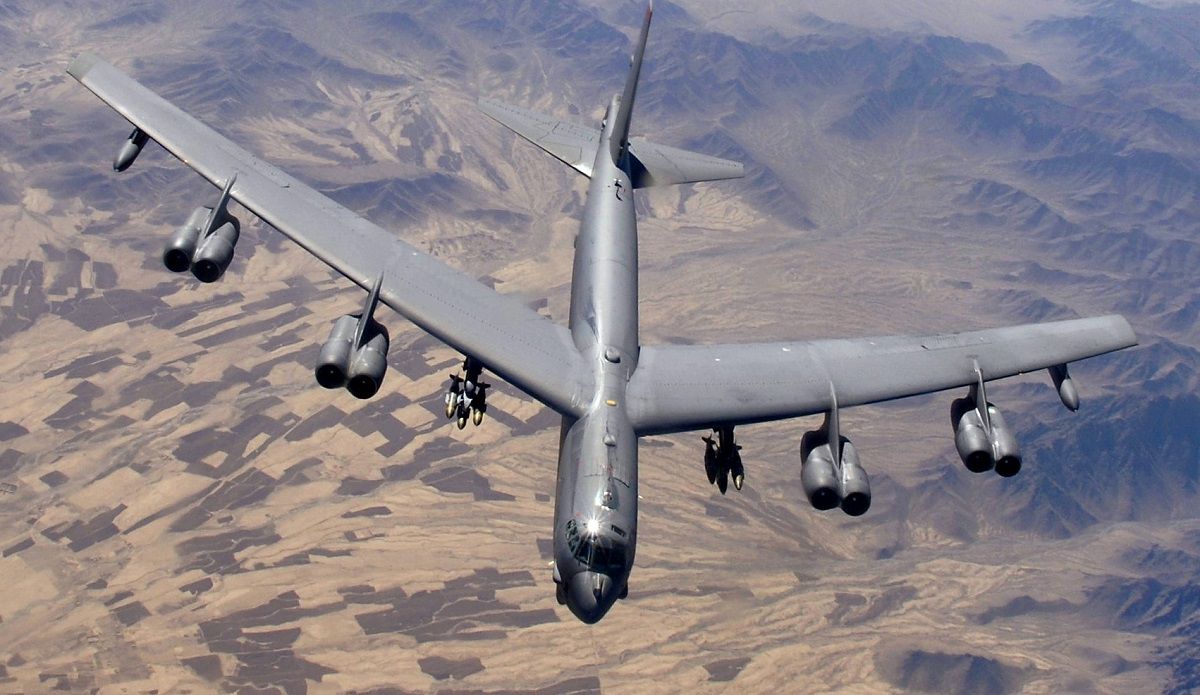
Between 1952 and 1962, 744 B-52 nuclear bombers were produced. The U.S. is still not abandoning them, and modernization will extend the operation until the middle of this century. The aircraft can carry 32 tons of weapons and has a combat radius of over 14,000 km, not including refueling. There are now only 76 Boeing bombers in service with the US Air Force. One of them is used to test hypersonic weapons.
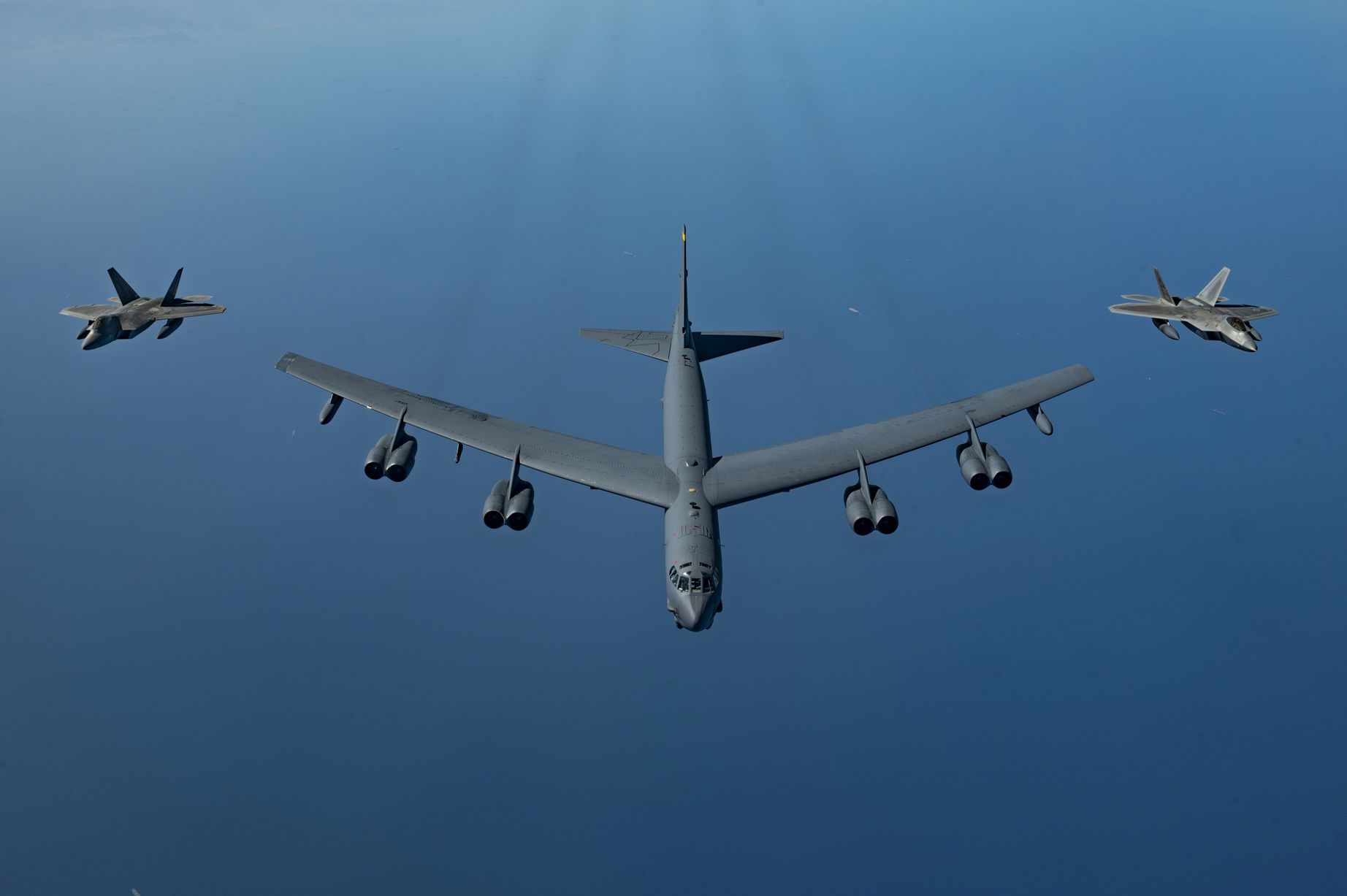
To replace the B-52 Stratofortress, the Rockwell company has developed a supersonic aircraft B-1B Lancer. It was created as a nuclear bomber, but later lost the ability to carry nuclear weapons. The B-1 Lancer project was canceled by the 39th President James Carter, but Ronald Raegan revived the program almost immediately after his inauguration.
Eventually four B-1A prototypes and one hundred B-1Bs were built. Now there are 45 B-1B Lancer bombers, known as the Bone. They are stationed at Ellsworth Air Force Base in South Dakota and Dyess Air Force Base in Texas. Most likely the planes will be abandoned when the B-21 Raider, announced at a secret event in early December, enters service.
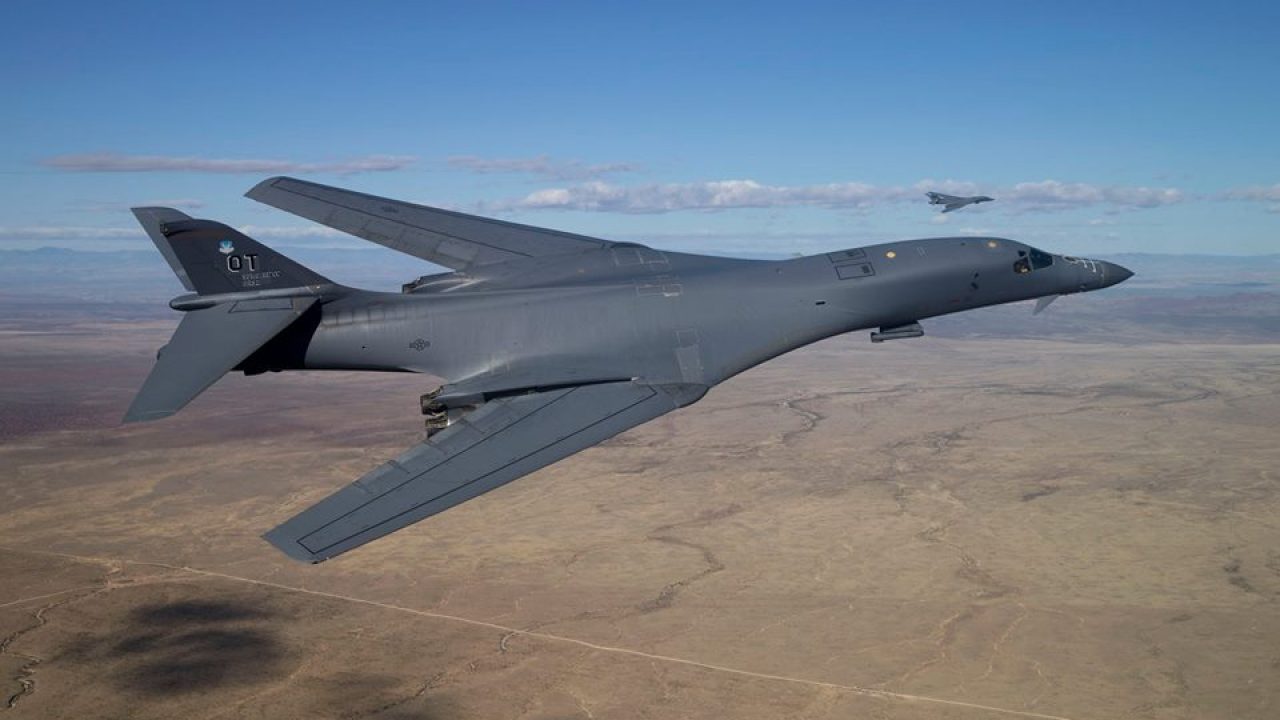
And now we come to the rarest bombers in the U.S. Air Force arsenal. Of course, it's the B-2 Spirit. The Northrop Grumman Company aircraft was introduced more than 30 years ago. In almost every article about it, we mention that the B-2 is the most expensive military aircraft in history. This article will be no exception. The cost of the bomber as of 1998 was approximately $2.1 billion including development costs.
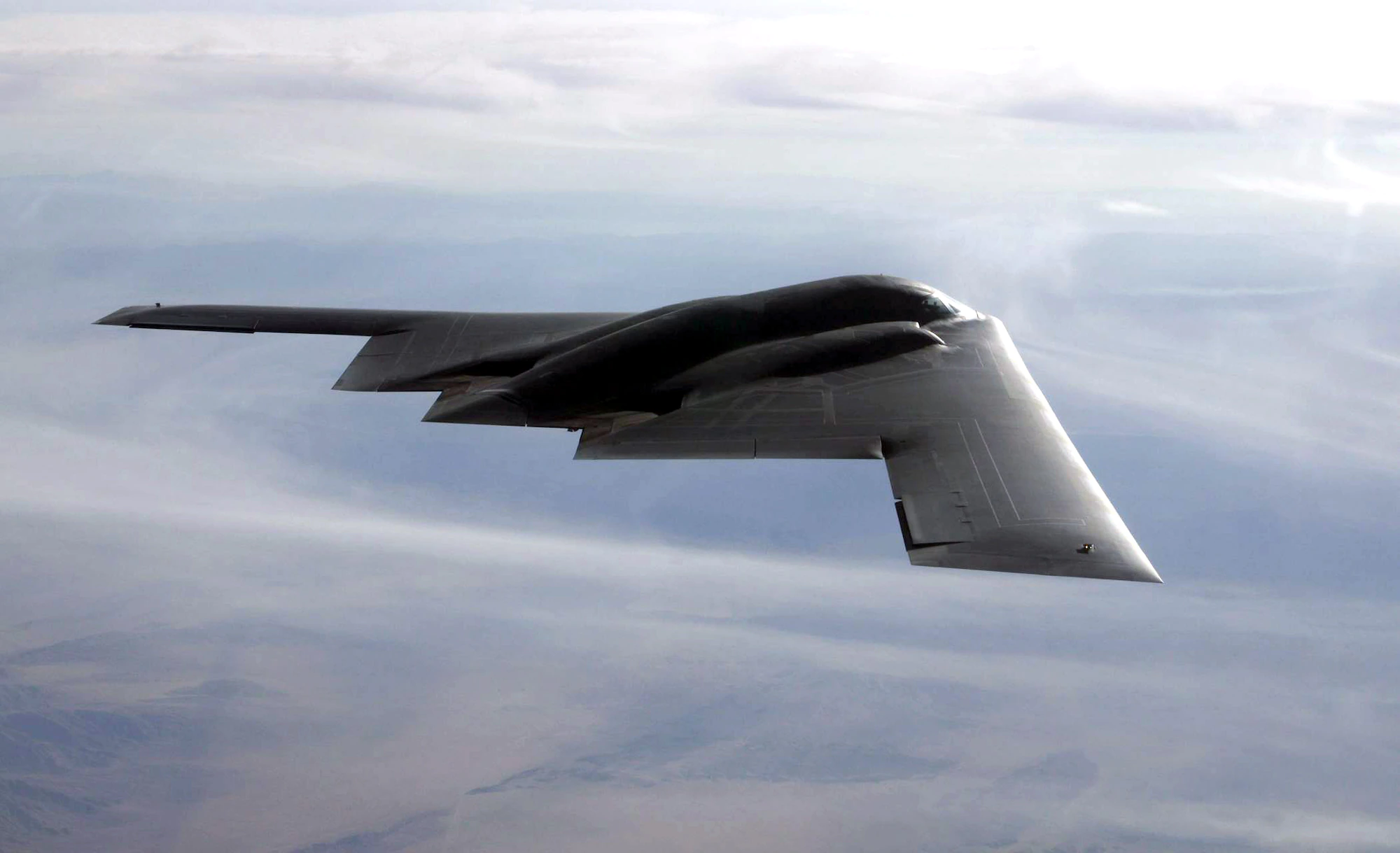
Seeing the B-2 Spirit in the sky is a real treat, because only 21 of them were produced. After the crash in 2008, there were 20 bombers left. One of them recently caught fire at Whiteman Air Force Base, but it will be repaired.
The U.S. wanted to buy 132 strategic aircraft, but gave up the idea. In addition to the high cost, another reason was the collapse of the Soviet Union. The program was eventually cut by Congress in the early 1990s.
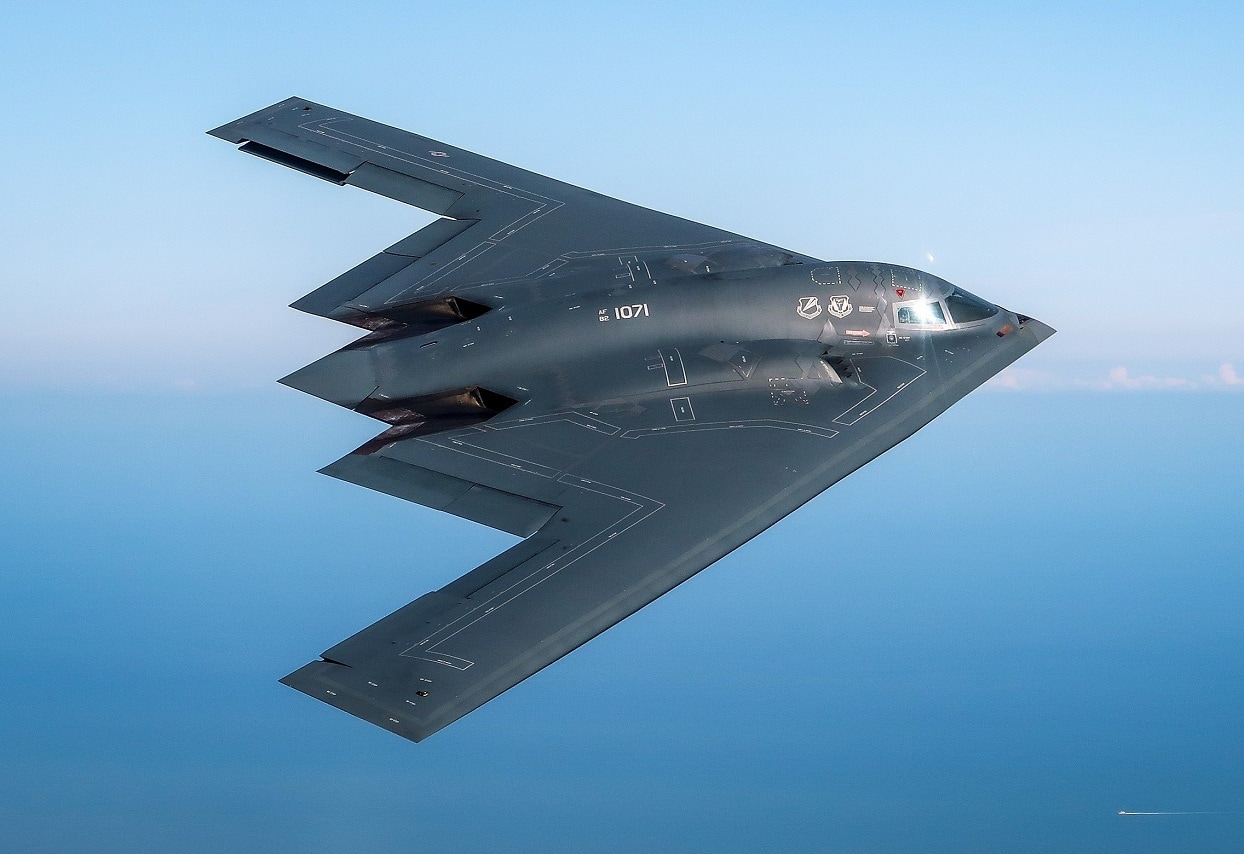
By the method of basic math we learn that the U.S. has only 141 strategic bombers, 96 of which can carry nuclear weapons. Production of the planes ended in 2000. The last one to come off the assembly line was the B-2 Spirit.
Source: 19FortyFive
Images: 19FortyFive, Cornwalllive, Air Force, Military, Wikipedia, The Aviation Geek Club, Defense News